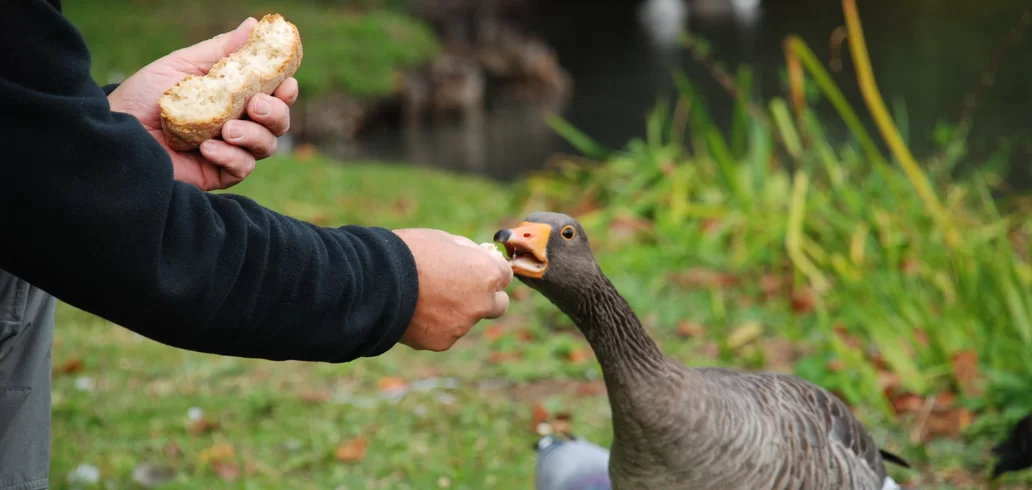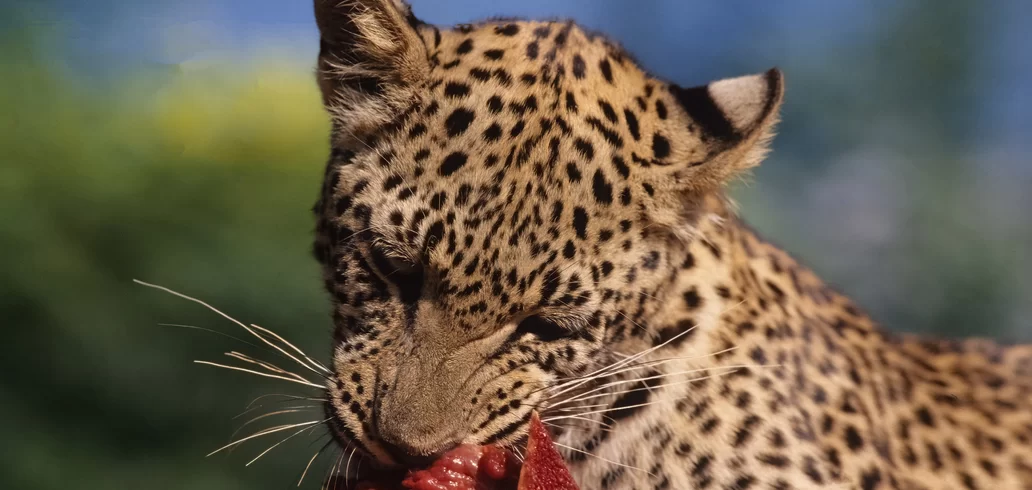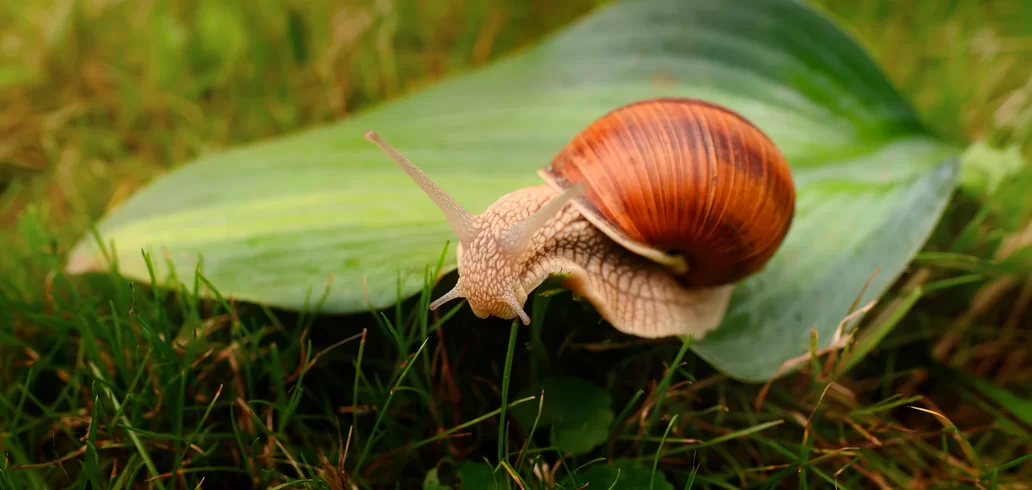News
Feline feces containing toxoplasmosis may be killing sea otters
Advertisement
Sea otters can contract toxoplasmosis by ingesting contaminated water or food contaminated with the parasite. The disease can be fatal for sea otters and has been associated with mortality outbreaks in some populations.
Therefore, it is important that cat owners take steps to prevent environmental contamination with Toxoplasma gondii, such as preventing their cats from having access to areas where they can deposit feces in aquatic environments. In addition, proper management of human waste is essential to minimize the risk of environmental contamination.
Rare cases
Although cases of sea otters becoming infected with toxoplasmosis from cat feces are rarer than in other animals, they can occur and have been documented in some areas where there is significant interaction between domestic cat populations and sea otter habitats.
Sea otters may be particularly vulnerable to waterborne diseases due to their diving behavior and their position in the aquatic food chain. Therefore, even though cases of toxoplasmosis in sea otters are rare compared to other animals, it is still a major conservation concern for these species.
Awareness of how human activities can impact aquatic ecosystems and appropriate management measures are essential to protecting the health of sea otters and other marine animals.
Impact of toxoplasmosis
The impact of toxoplasmosis can be significant in several areas:
1. **Animal Health**: Toxoplasmosis can affect a variety of animal species, causing illness and even death in some cases. In addition to sea otters, other mammals and birds can be affected by the disease.
2. **Wildlife Conservation**: In endangered species such as sea otters, outbreaks of toxoplasmosis can have a particularly severe impact, contributing to population declines. The disease can weaken individuals and make them more susceptible to other environmental stresses.
3. Aquatic Ecosystems: Toxoplasma gondii contamination can affect the health of aquatic ecosystems. Sea otters and other marine animals play important roles in maintaining the ecological balance of coastal and marine ecosystems. If populations of these species are harmed by toxoplasmosis, it can have ripple effects throughout the ecosystem.
4. **Public Health**: Although humans are not usually seriously affected by toxoplasmosis, it still poses a risk to certain groups, such as pregnant women and people with compromised immune systems. Additionally, environmental contamination by Toxoplasma gondii can pose a challenge to the safety of drinking water.
Therefore, control and prevention of toxoplasmosis, including minimizing environmental contamination by cat feces, are important not only to protect animal health, but also to preserve biodiversity and maintain the health of ecosystems and human communities.





